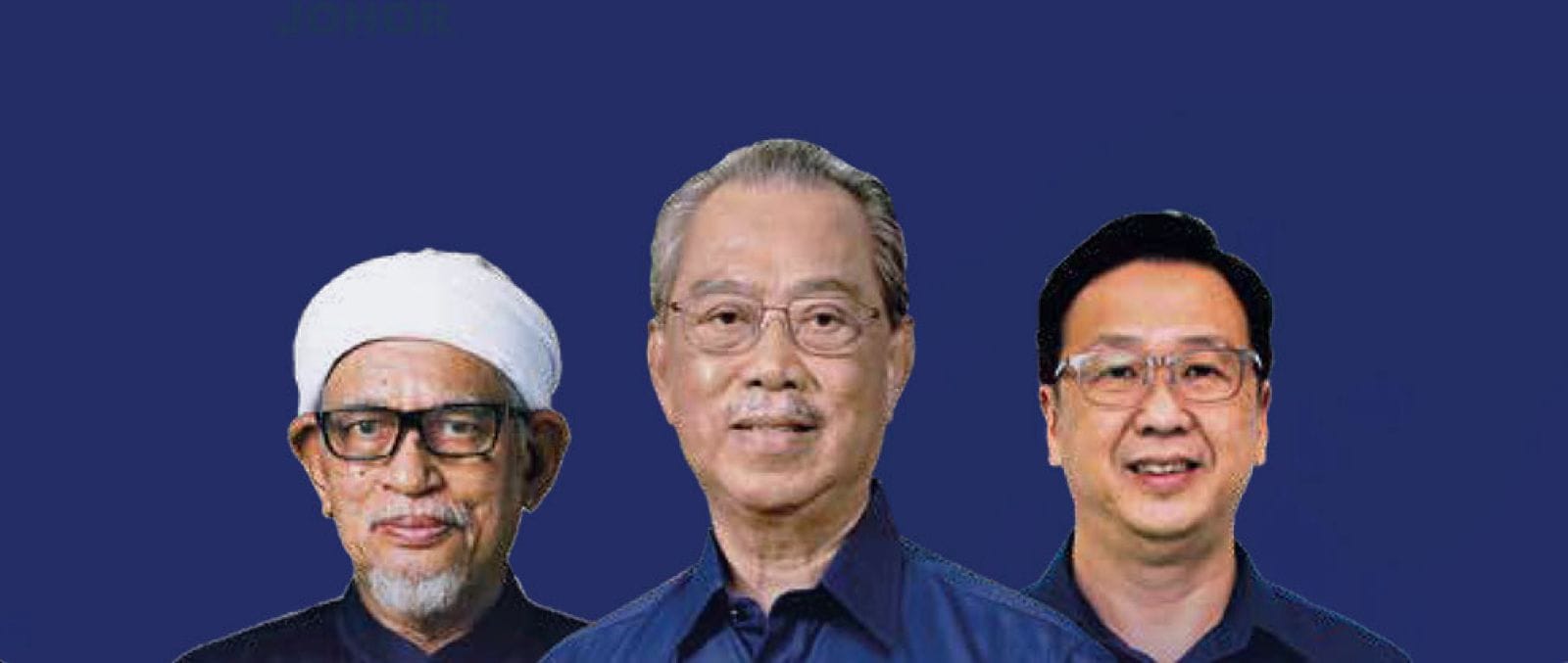Malaysia: The Quest for an Opposition Renaissance
The current state of the opposition, with its complexities and contradictions, is not an end but a pivotal chapter that could lead to a renaissance of opposition politics in Malaysia.

In the vibrant tapestry of Malaysian politics, a captivating drama unfolds an odyssey that delves into the heart of democracy, leadership, and the societal quest for a future carved out of integrity, innovation, and inclusivity.
As Malaysia stands at a pivotal crossroads, the spotlight turns to its opposition forces, whose dance of critique and contradiction has become the centre stage of national discourse.
With the Kuala Kubu Baharu election on the horizon, a mere 8 days away, the nation watches keenly: What direction will this take us in, and what does the current state of Perikatan Nasional opposition mean for the journey ahead?
The Stage of Contention: Vernacular Schools and Salary Sagas
Ahmad Fadhil and Wan Fasyal emerge as emblematic figures in this political theatre, each representing critical acts in the unfolding narrative. Ahmad's passionate discourse on the future of vernacular schools in Malaysia transcends the realm of education policy; it becomes a symbol of the nation's struggle between preserving a rich, cultural mosaic and forging a unified, progressive identity.
This delicate balance seeks not to dilute the essence of Malaysia's diverse heritage but to envision a broader, inclusive narrative where diversity is the bedrock of unity and strength.
In contrast, Wan Fasyal’s entanglement with the salary controversy paints a vivid picture of the turbulent waters of political accountability and ethics. The initial vehement opposition to pay hikes for the Civil Service ignites a debate far exceeding fiscal discussions.
It pierces the core of political integrity, questioning whether the opposition is a mere performance or a principled stand for justice and transparency.
The Crucible: Kuala Kubu Baharu Election
The Kuala Kubu Baharu election is not just a testament to the political temperature of one region but a microcosm of the national psyche, exploring the depths of public trust, aspiration, and disillusionment.
Here, the narratives of Ahmad Fadhil and Wan Fasyalconverge, transforming from individual acts to a collective reflection on the opposition’s role and relevancy in modern Malaysia.
Read More WF
A Symphony of Critiques: The Opposition’s Harmony or Discord?
For years, the opposition has serenaded the public with a symphony of critiques, striking chords of dissent across a spectrum of issues. Yet, this constant orchestration raises critical inquiries: Is the opposition harmonizing to construct a coherent, alternative vision for Malaysia, or are they playing disparate tones, muddying the waters of constructive political discourse?
The electorate's yearning for a Renaissance of opposition politics is palpable. They seek not the dissonance of criticism for its own sake but a melody that speaks to the soul of the nation, crafting policies and visions that resonate with their dreams and challenges.
The Dance of Ideals and Realpolitik
At the heart of the opposition's journey is a delicate dance between ideals and realpolitik, between the vision of what should be and the pragmatism of what can be achieved. Ahmad Fadhil’s advocacy and Wan Fasyal's fiscal debates are but the surface ripples of a deeper current, questioning whether the opposition can be a beacon of moral and visionary leadership amidst the tumultuous seas of political expedience.
Navigating the Crossroads: A Path Forward?
As Malaysia navigates this critical juncture, the opposition stands at its own crossroads, facing a profound existential question: Will it evolve into a dynamic force that champions not just critique but creation, not just opposition but proposition?
This evolution demands a reimagining of opposition politics, where critics transform into visionaries, where the narrative transcends the cyclical dance of contention to chart a course of positive, proactive governance. The Kuala Kubu Baharu election, thus, is more than a political contest; it's a canvas for the opposition to paint its vision for Malaysia's future—a future rooted in unity, integrity, and prosperity.
The Odyssey Continues: Towards an Opposition Renaissance
The Malaysian political odyssey is a continuous journey, where each election, each debate, and each policy discussion is a step towards defining the soul of the nation.
The current state of the opposition, with its complexities and contradictions, is not an end but a pivotal chapter that could lead to a renaissance of opposition politics in Malaysia.
In this renaissance, the opposition would need to wield critique not as a weapon but as a tool for building, to see beyond the immediacy of political gains towards the horizon of long-term national welfare. It calls for leaders who are not just politicians but statesmen—individuals who can rise above the fray to unite and inspire a nation brimming with potential.
As Malaysia stands at this crossroads, the clarion call for an opposition renaissance echoes across the political landscape. It’s a call for a transformation that embraces accountability, vision, and inclusivity, a transformation that can steer Malaysia towards a future where every citizen’s voice is heard, where every child’s dream is valid, and where the nation's unity is its unassailable strength.
The Journey Forward
The road ahead for Malaysia is both challenging and exhilarating. With the Kuala KubuBaharu election serving as a litmus test for the opposition's resolve and vision, the nation watches and waits. Will the opposition seize this moment to reimagine their role in Malaysia's political odyssey, or will they continue in the cycle of critique without construction?
At this crossroads of history, the choice the opposition makes will not only chart their course but will also indelibly influence the tapestry of Malaysia’s future.
In the saga of Malaysian politics, the time is ripe for leaders who not just navigate through storms but who can also harness the winds of change to propel the nation towards a brighter, more unified horizon. The quest for an opposition renaissance is not just a political imperative; it's a beacon of hope for a Malaysia redefined by the dreams and aspirations of its people.
